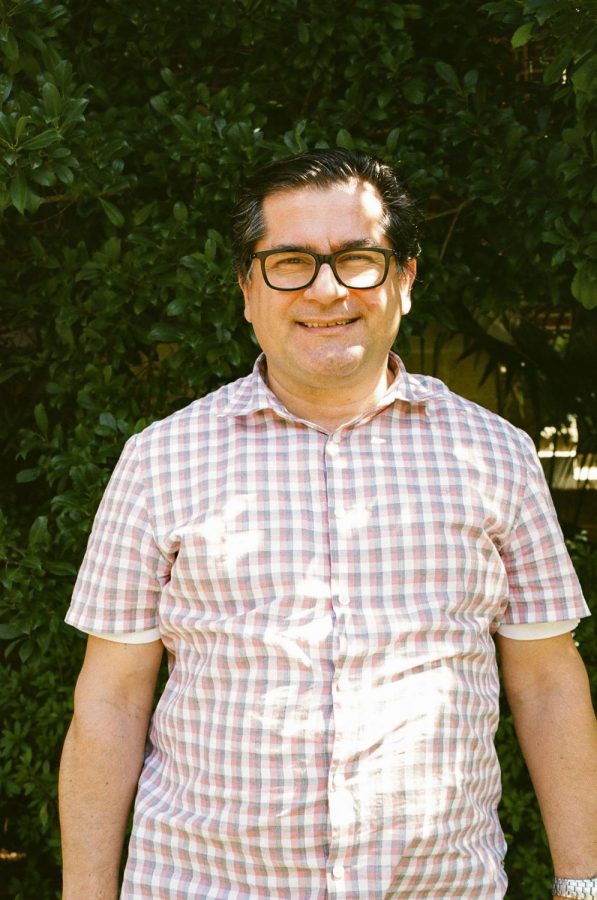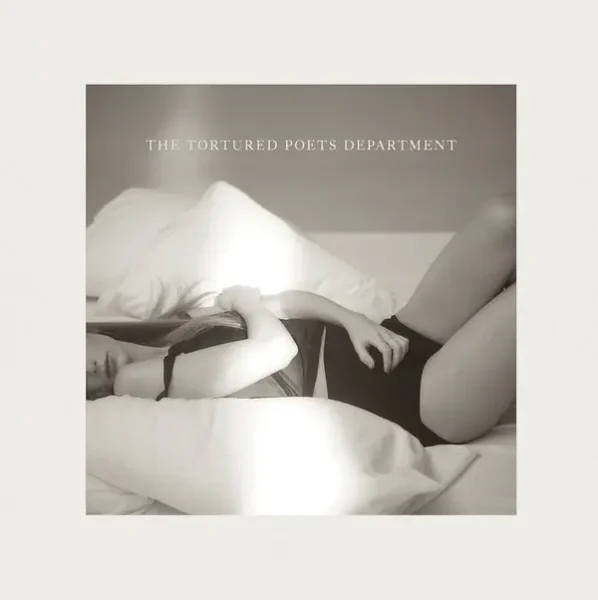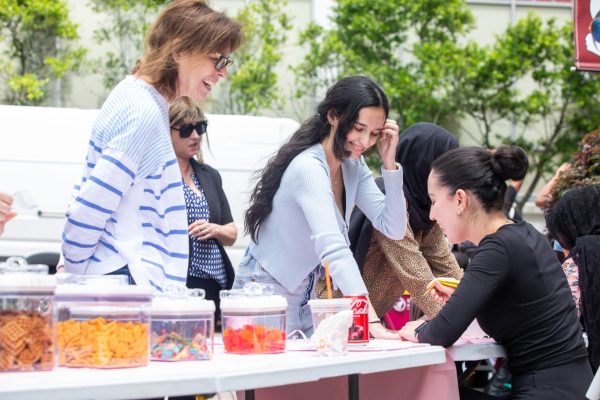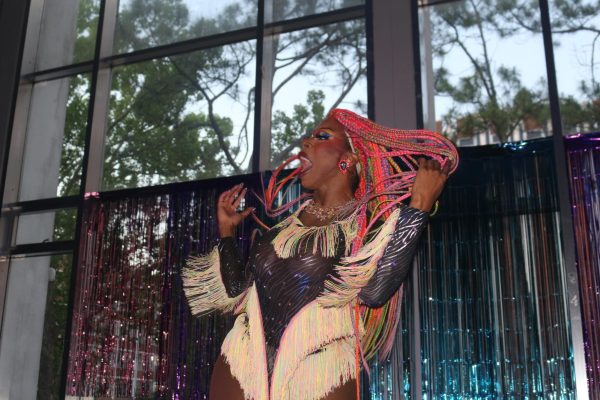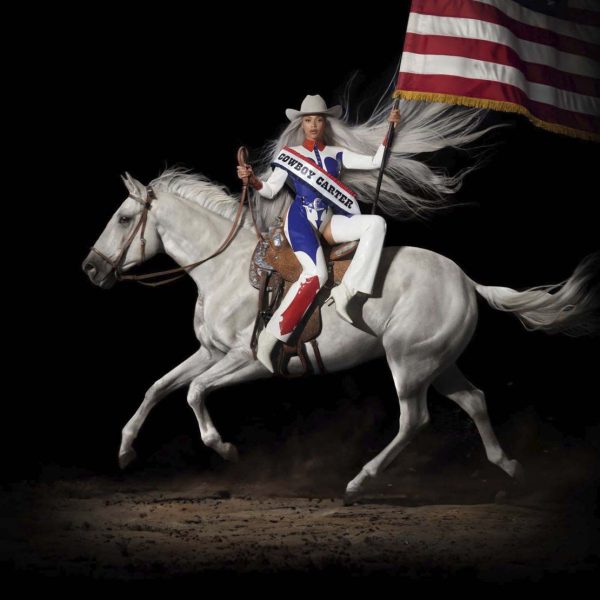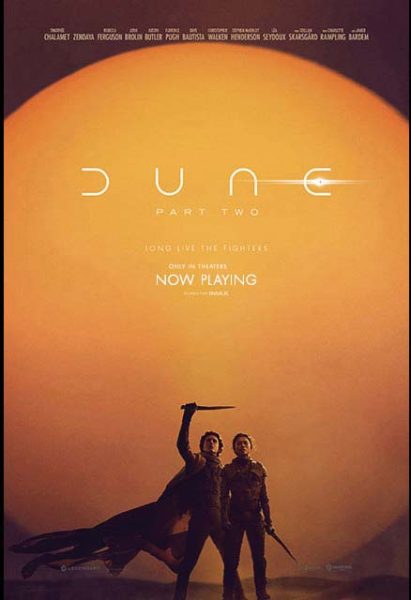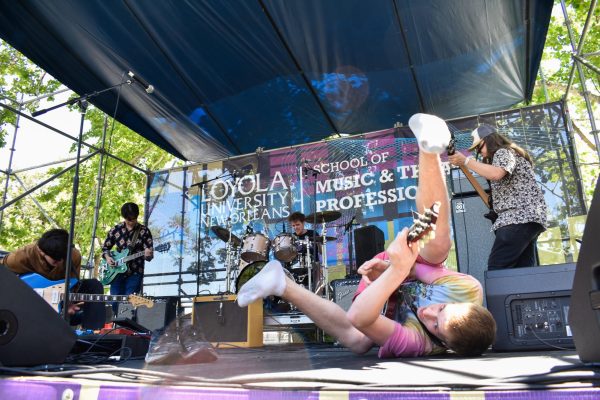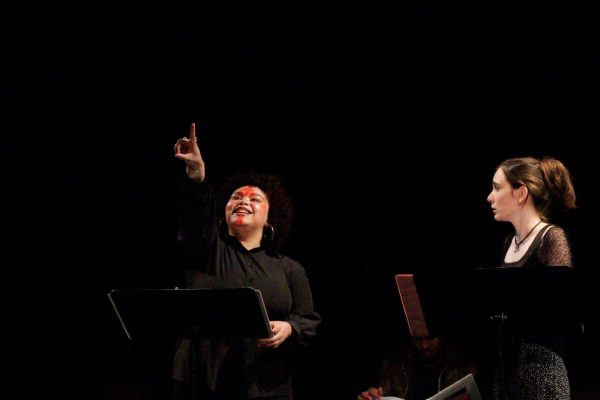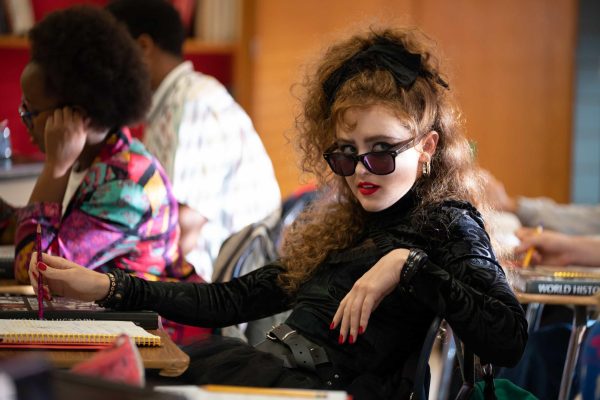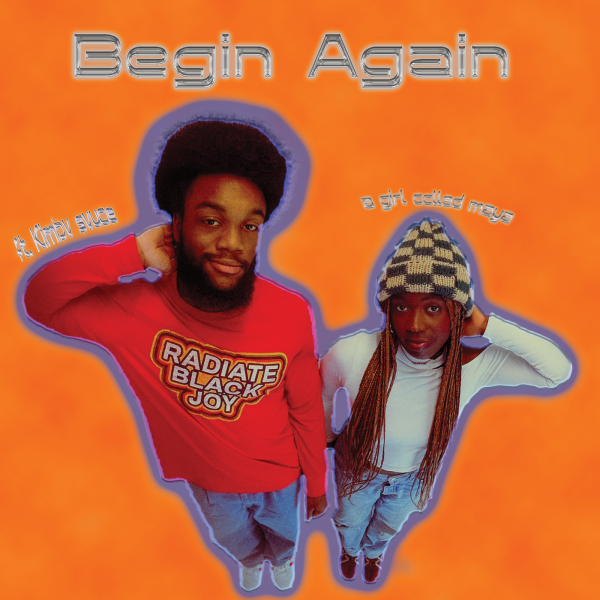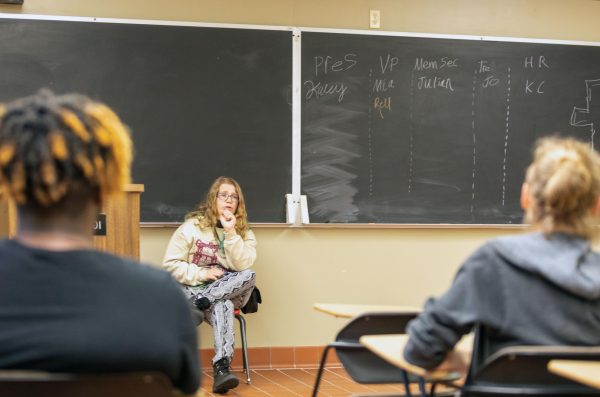Humans of Loyola: Ali Mohajer believes math is a lifestyle
Ali Mohajer, math professor, poses for a portrait. He started working full time at Loyola this year.
October 22, 2019
Math professor Ali Mohajer opens up about the ways math is a lifestyle, rather than a subject of numbers and equations.
What are some of your favorite things to do when you’re not teaching?
When I’m not at work, my favorite activity besides teaching is to think about math. It sounds corny, but it’s true. I find that it centers me and helps me be calm and at peace. I like the honesty of the discipline, and I like that you have to be patient. When I’m not at work, I love spending time with my family, and our favorite activity is spending time in nature.
When you say you think about math, in what sense, in what realm, in what situations?
When I first started studying math in a serious way it felt like everything was an equation or a diagram. You could say that it had taken over my life, and that I was overwhelmed. But that intensity wears off after a while, and math starts to become more naturally integrated into how you approach the world, how you think about things, and how you walk through life. I think it’s more of a way of being than a particular set of skills. I don’t solve an equation to figure out where to go for lunch. I did notice, when I started working in math, that I had an affinity for other people in the field. It felt like I had found my tribe.
What’s your astrological sign?
I’m a taurus! But I’m on the cusp of gemini.
What are some of your favorite artists or genres to listen to?
I think it was one of the inventors of calculus that said, and I’m paraphrasing, “music is the pleasure that we derive from counting without knowing it.” The beats and the melodies in music, they vibrate at the surface of your thinking. As far as genres go, I like opera a lot. I like the theater of it, and the music, and the spectacle of it all. I also like Persian music a lot. It’s fun to sing, and has a very different feel that Western music.
I know that you have a background in Chemistry and Physics. So why did you want to teach math? And why to college students?
I love teaching. I started out being terrified of teaching. It’s very hard, and it’s a big responsibility. I’ve always been a little bit shy in front of groups, and teaching is like performing. In a sense it’s like you’re putting on a show. You have a stage, and you have to prepare more than you plan to present, and you have to be very honest. If you’re doing it right, you’re always trying to improve and to learn new techniques. I’ve had some really excellent teachers. I think they helped me see the world in new ways and help me understand who I am. And I feel like I’d like to give that back.
When and why did you start teaching at Loyola?
I just started working at Loyola full time this year. Last year I was a part time instructor here and at Tulane so New Orleans is fairly new to me. I was born in Iran and raised in Chicago so you can say I’m from Iran or Chicago depending on what part of my childhood you’re looking at. I definitely love the diversity at Loyola. It’s one of the things that I also really loved about the University of Chicago when I taught there. When you walked through the quad, it was like taking a tour of the United Nations.
In a different life, if you weren’t a teacher, what would you want to do as a career and why?
I’ve always been interested in how things work and why people think about things they way they do and why the world is the way it is. I’m sure I get this from my parents, and especially my Dad. If you take a walk with him you’ll notice that he love to point things out. “Look at that!” “That’s so interesting!” He’s forever curious about the world and he wants to share it with you. I think this is why I’ve always liked science, and why I’m interested in how people think. Part of what makes Math interesting is what it reveals about how we think. I hadn’t done math I think I would still have chosen a field that deals with how we think and what it means to be human. Maybe I’d have done something with advertising, or with linguistics.


